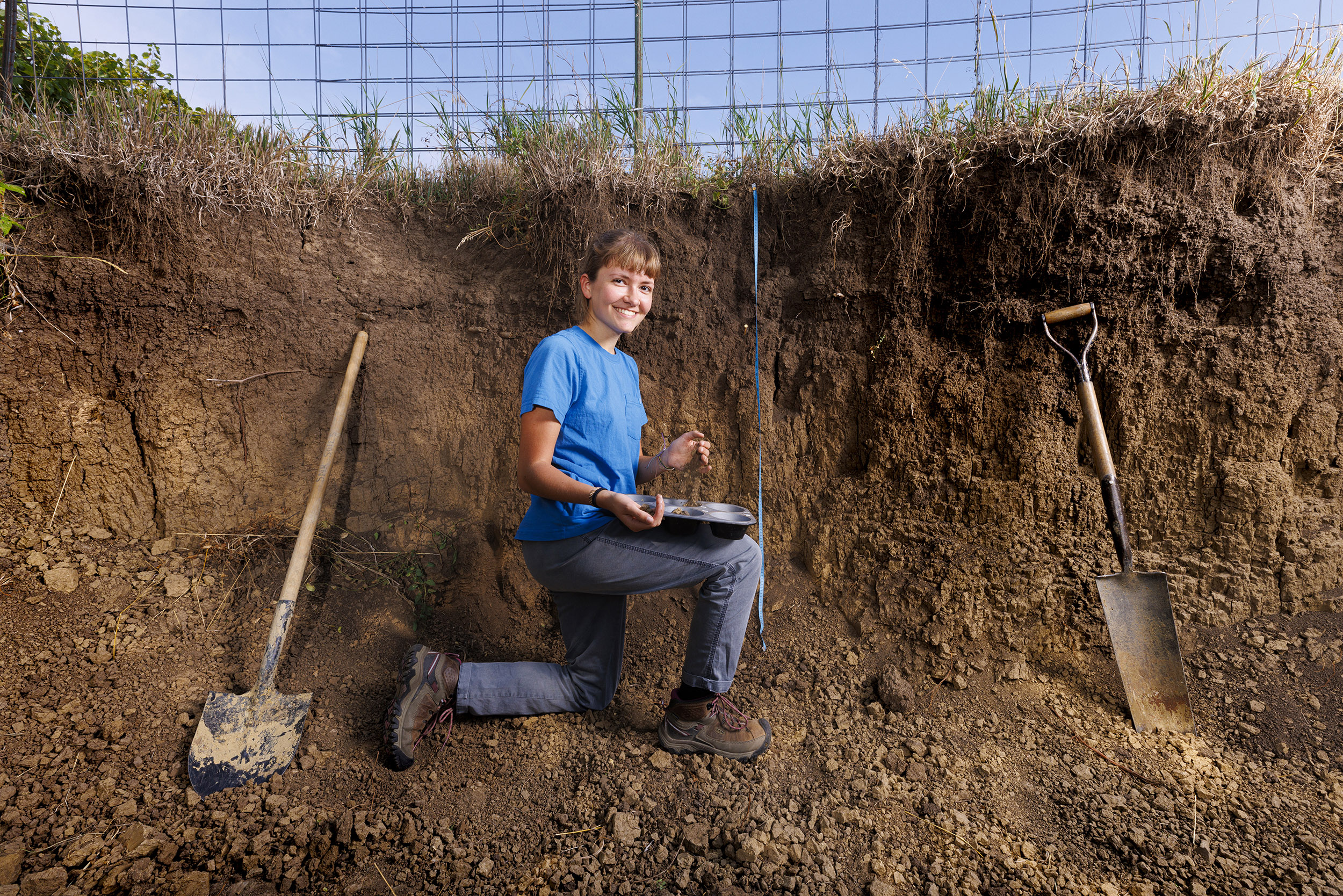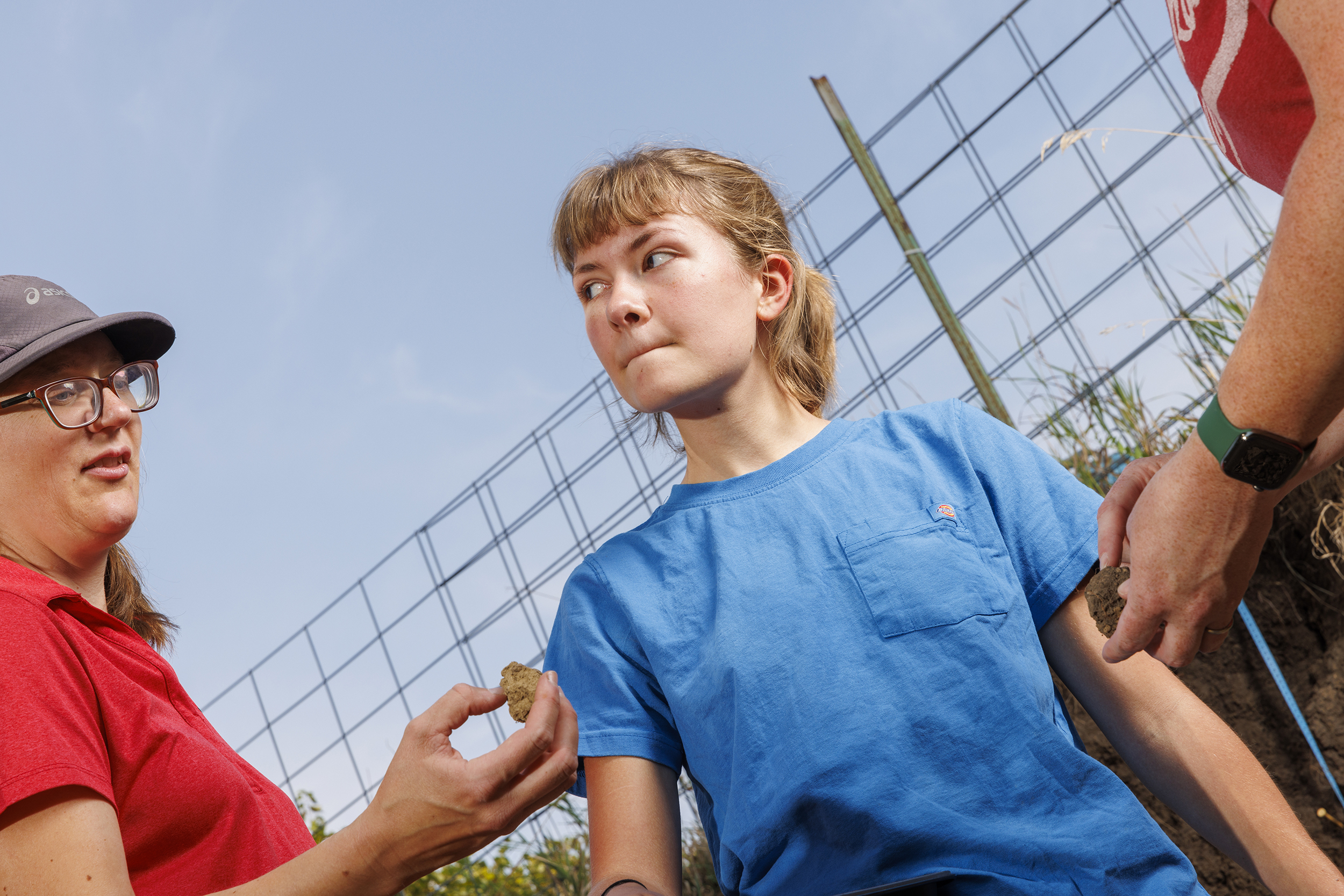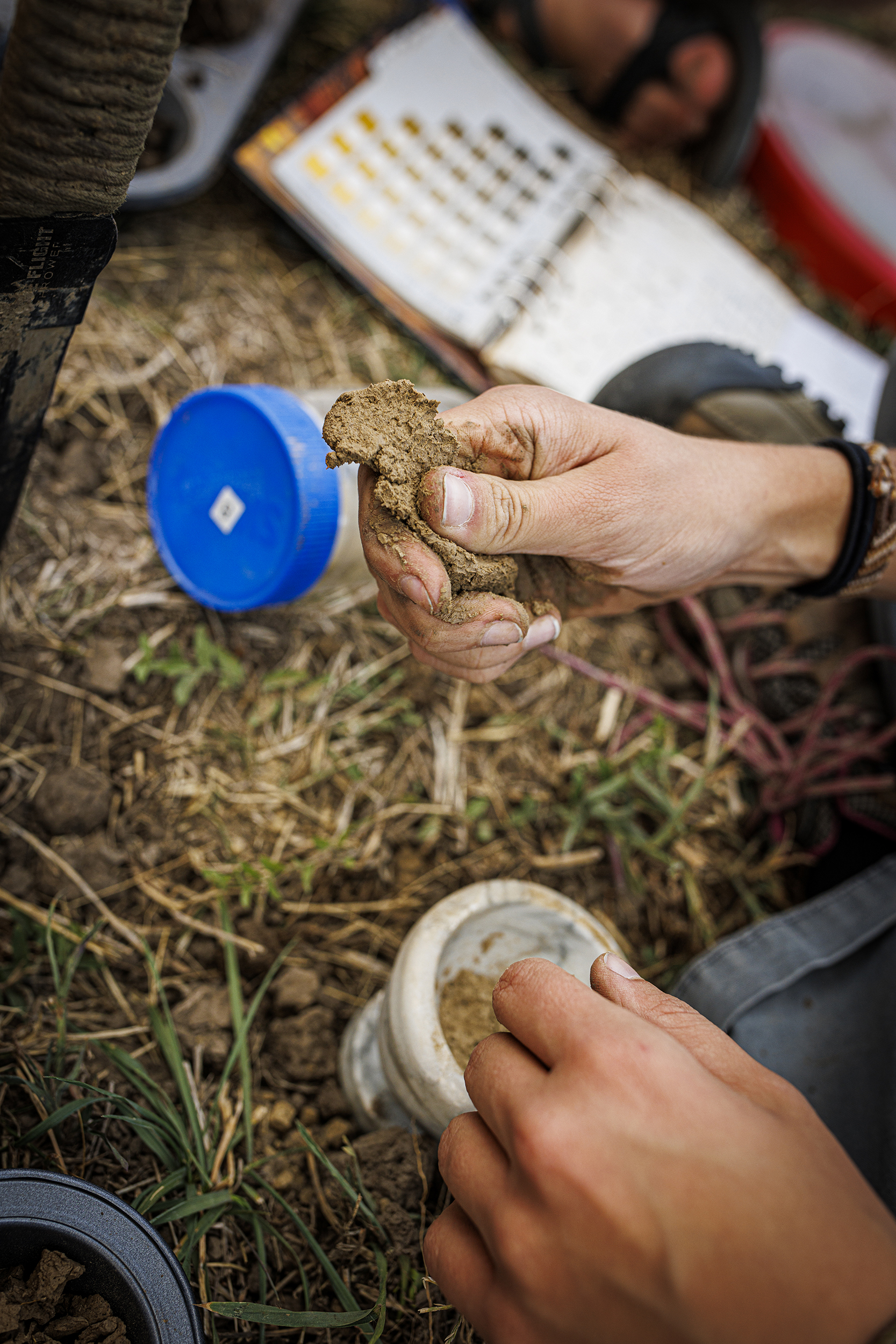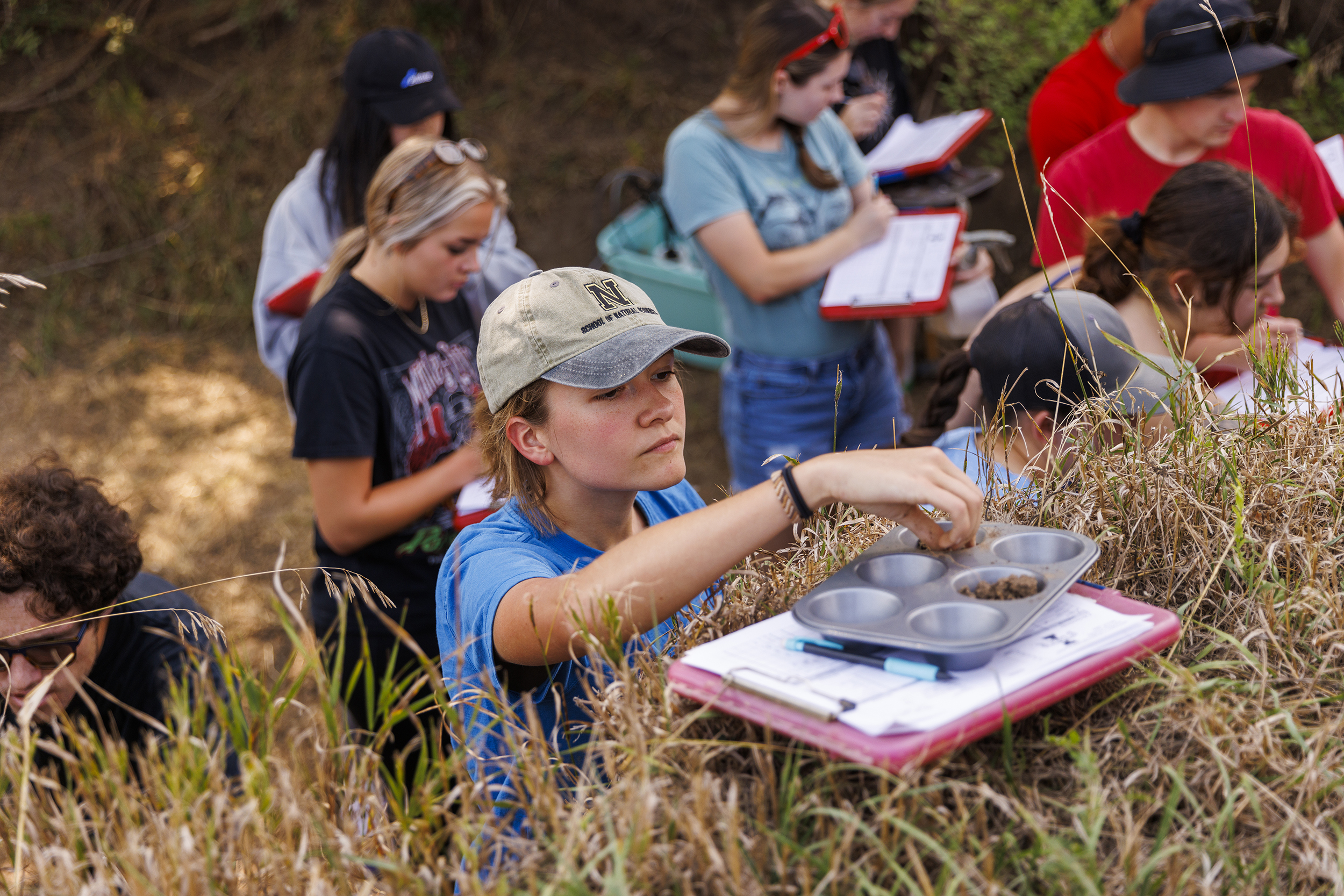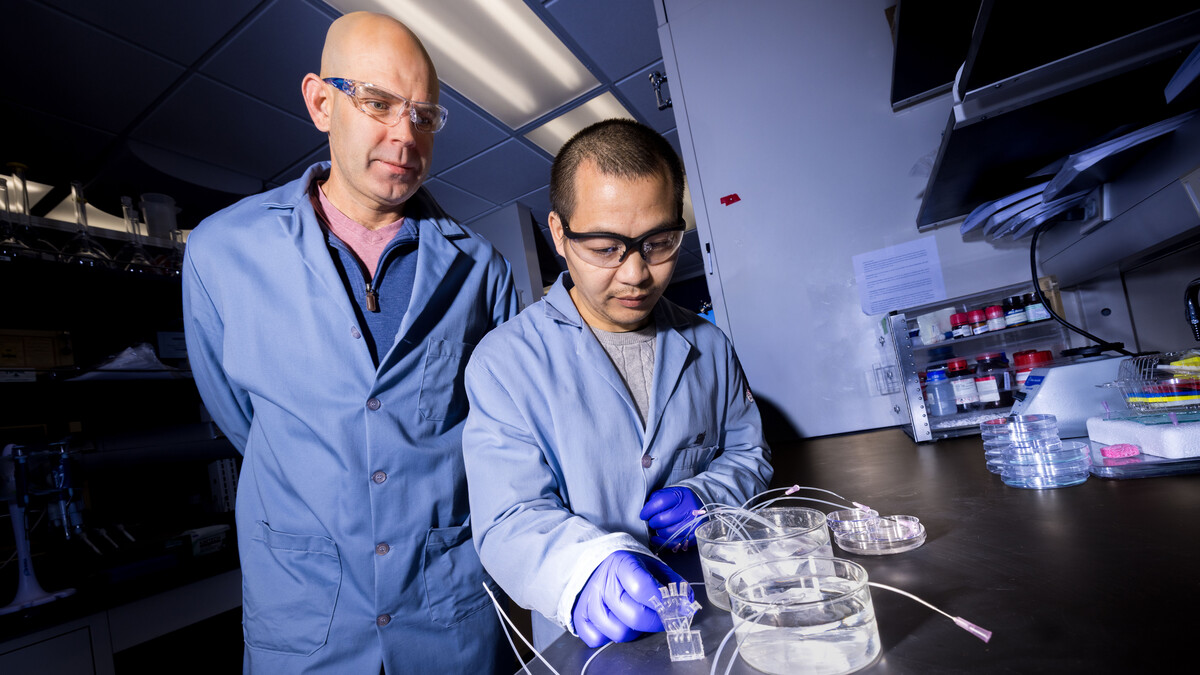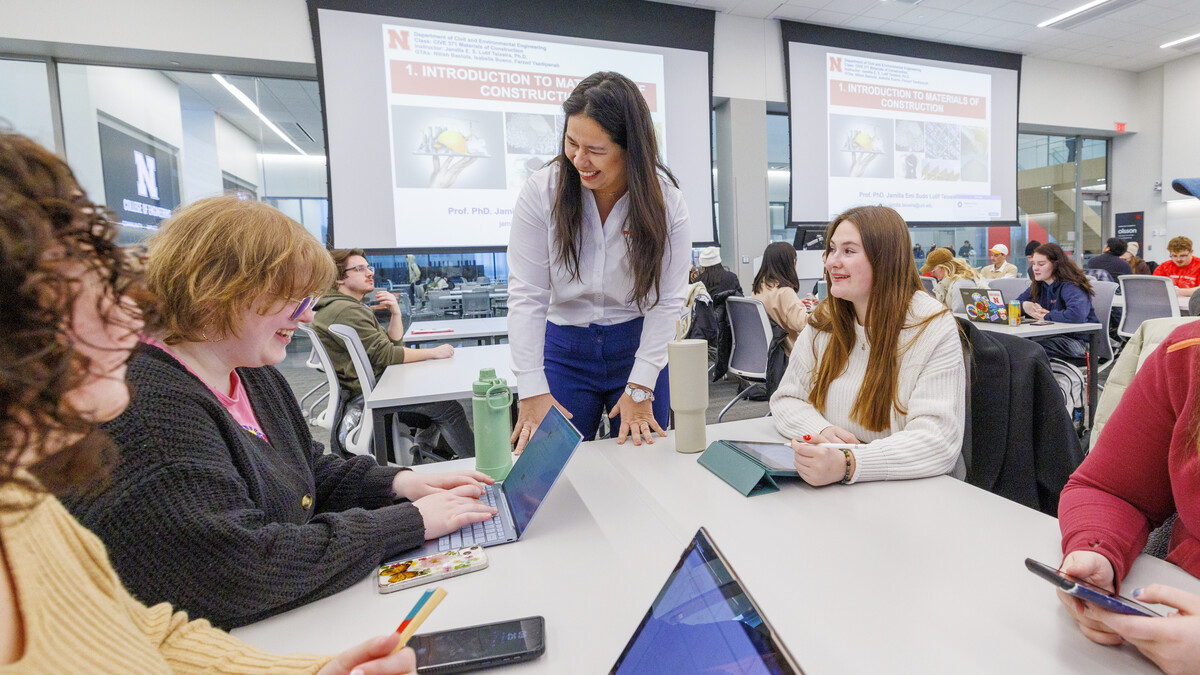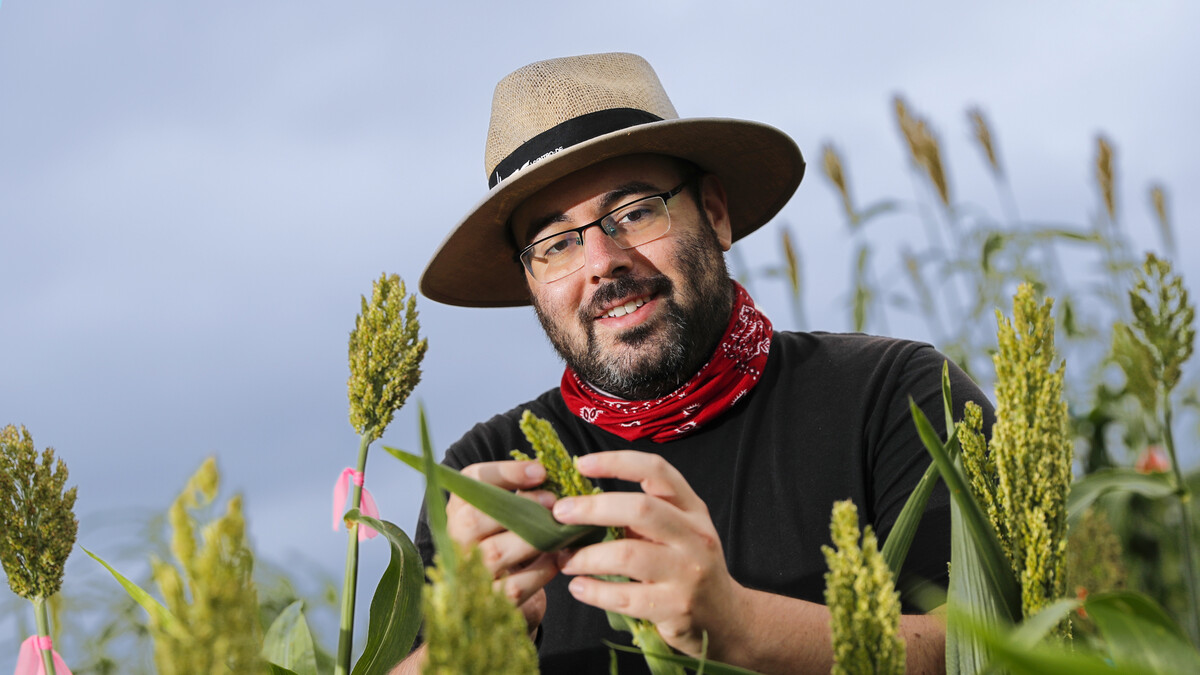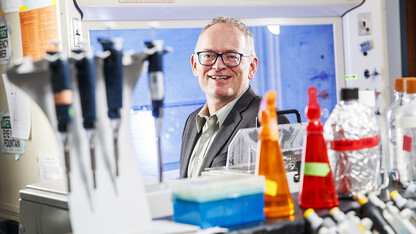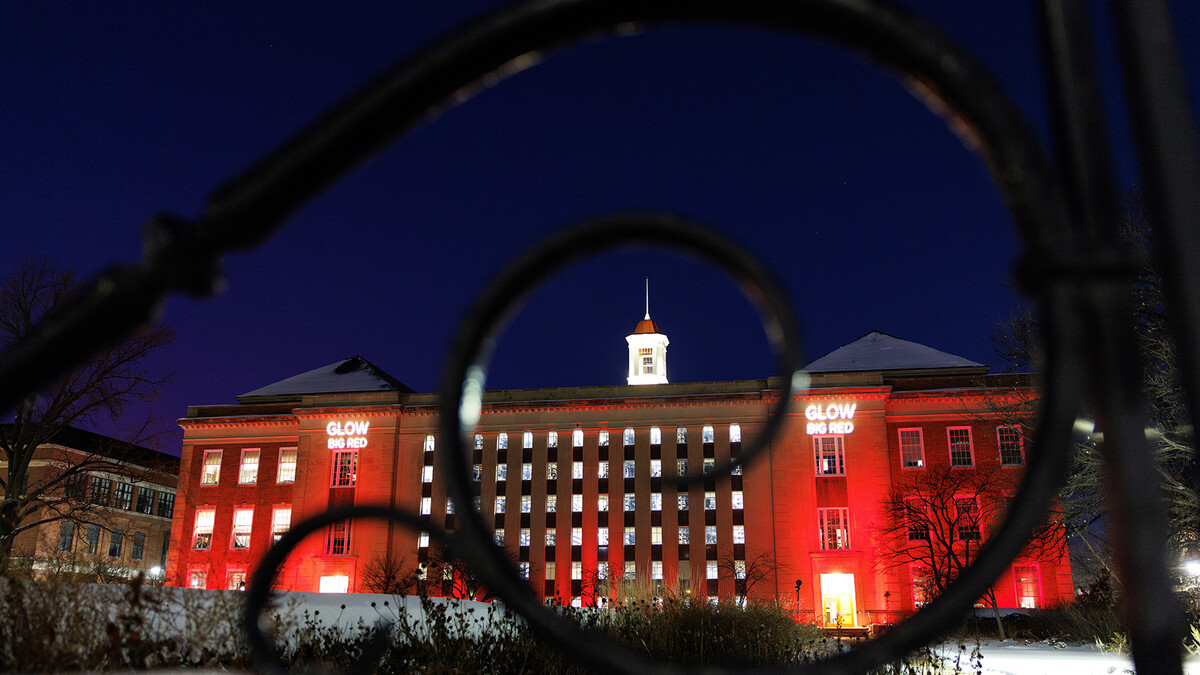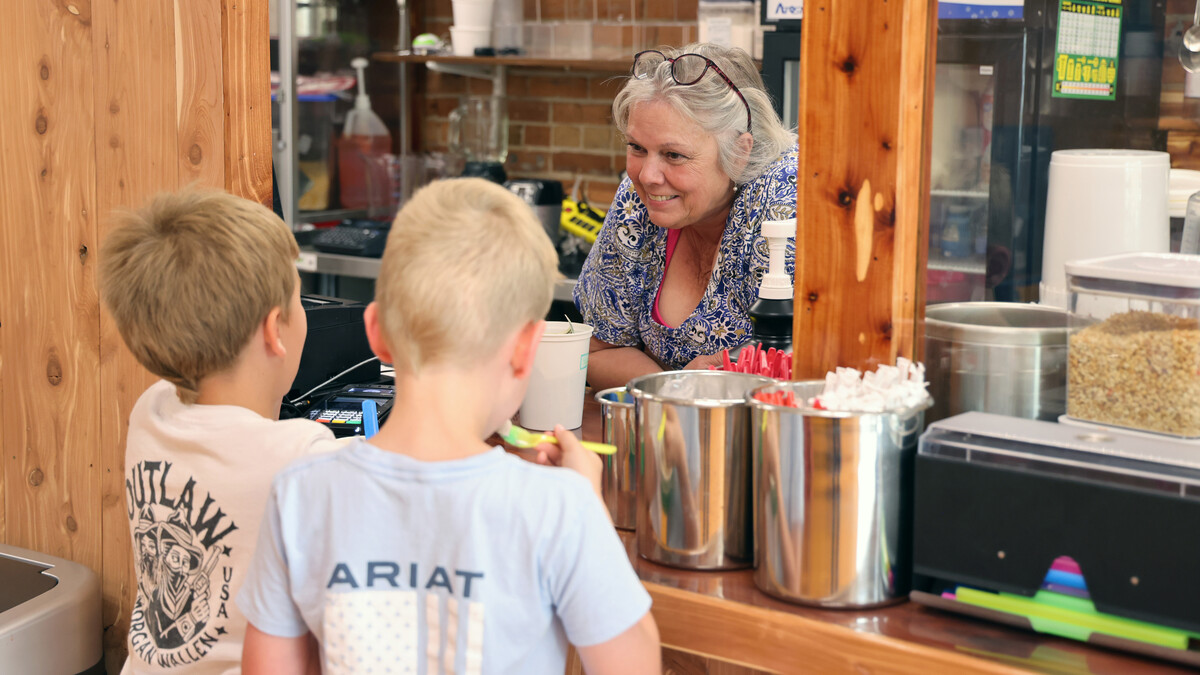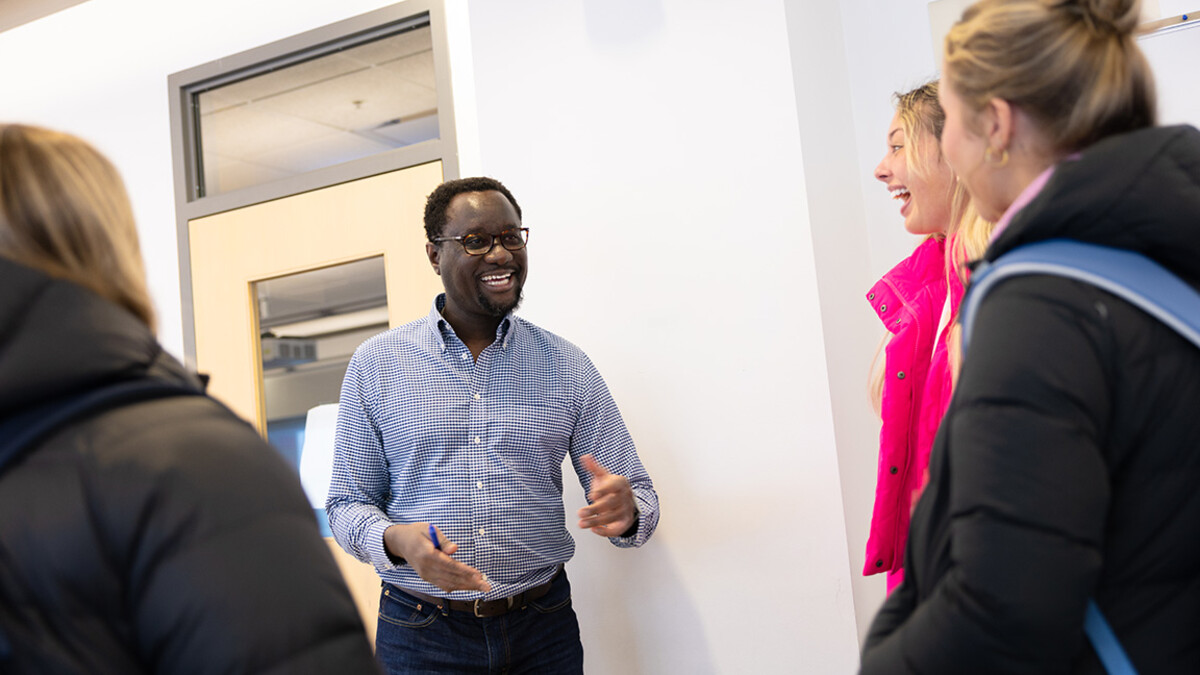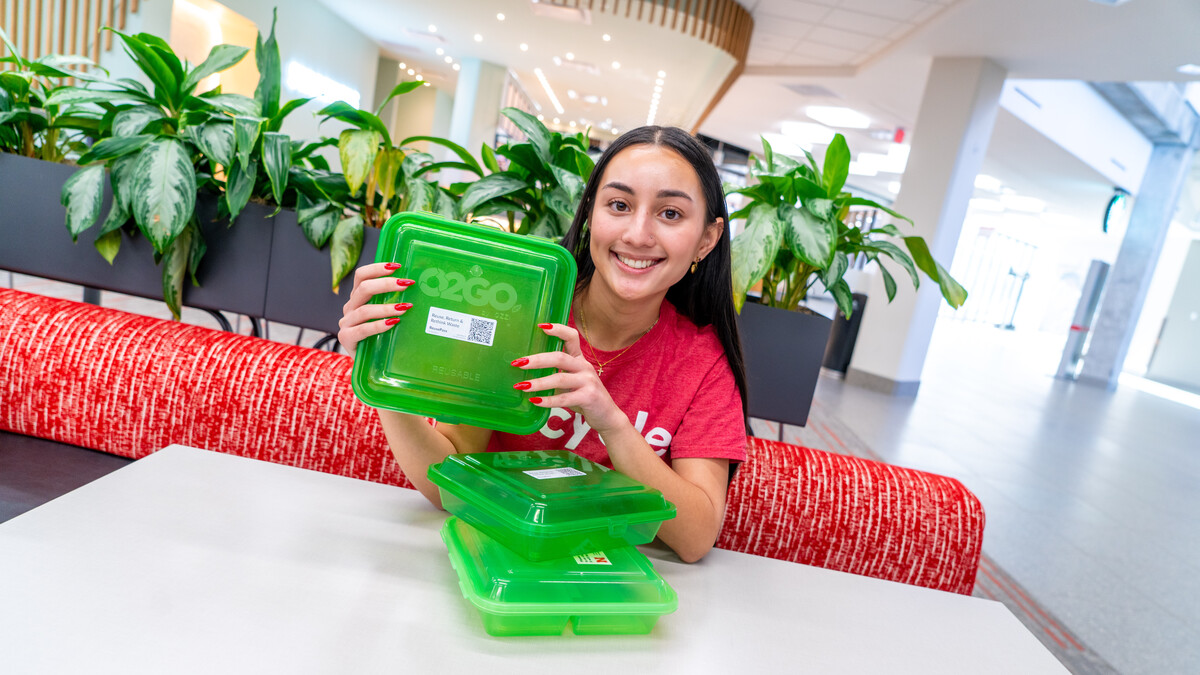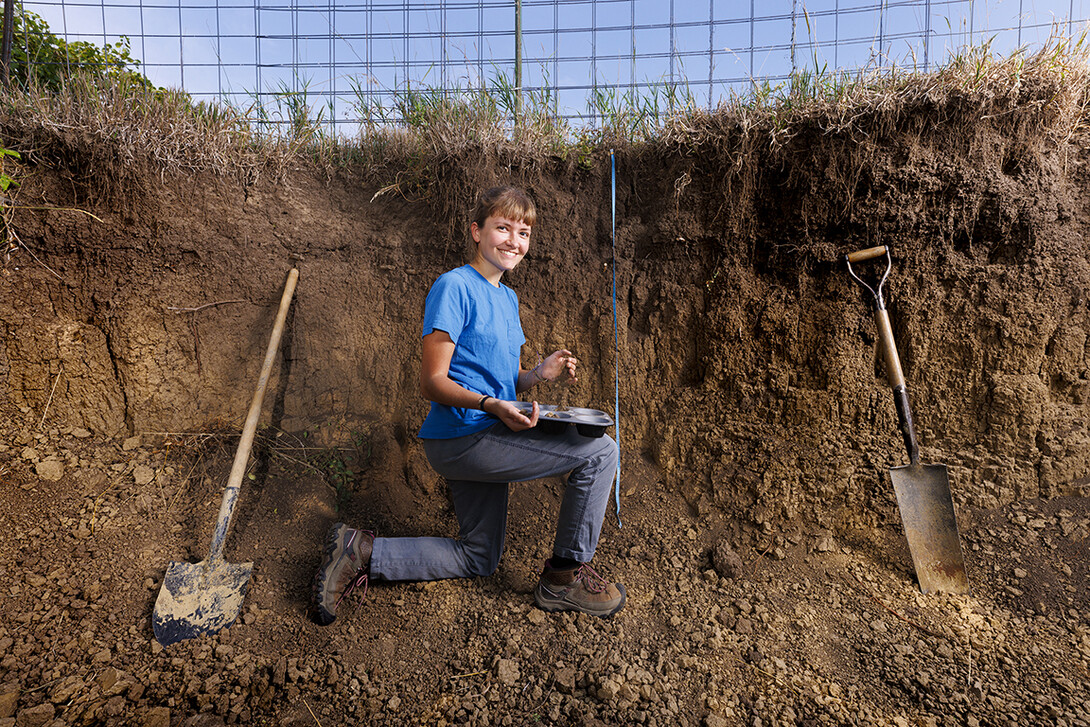
Growing up in Lincoln, Kennadi Griffis knew she wanted to pursue a career that would provide ample time outside.
“I didn’t want to have a desk job — that’s the type of person I am, I needed to be on my feet,” she said. “And I was interested in agricultural sciences. Going through the list of majors, I saw environmental science, and I just knew that would be something that would have me up and moving.”
Her curiosity about the natural environment and the opportunities she found at the University of Nebraska–Lincoln propelled the Husker to an international championship in soil judging as a member of Team USA.
Joined by team members from Virginia Tech, North Carolina State and the University of Wisconsin, Platteville, Griffis competed in the International Soil Judging Competition in Stirling, Scotland, in July, and placed first against teams from South Korea, Italy, Germany, the United Kingdom and Spain.
“We were confident but still surprised,” Griffis said. “We knew what we were doing, but we were also up against teams, like the U.K., that were more familiar with the soils we’d be working with.”
Griffis, a junior, got involved with the Husker soil judging team after taking a soil evaluation class her freshman year with the team’s coach, Becky Young, professor of practice in agronomy and horticulture. Judith Turk, pedologist in the Conservation and Survey Division of natural resources, also coaches the team.
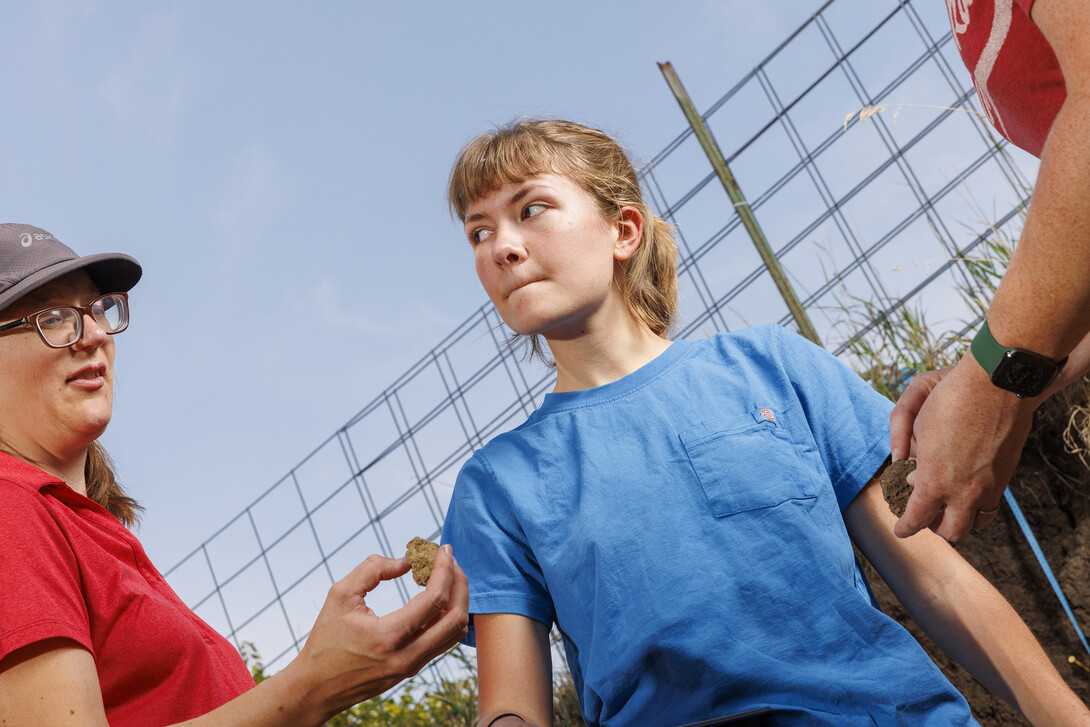
“Dr. Young talked about the team a lot in class and invited us to join,” Griffis said. “I went to one of the meetings just to check it out, and I ended up joining my third semester.”
Soon, she was getting into the soil pits on East Campus and taking additional soil classes to learn more. She added a soil science emphasis to her major. Soil judging takes a complex set of skills to determine soil health, composition and best use, and Griffis immediately enjoyed it.
“The judging is all done in the field, using standard techniques, and you learn from practice,” Griffis said.
Griffis’ first year of competition took her to nationals in Columbus, Ohio, where she placed fourth as an individual and earned her spot on Team USA. She is the first Husker to compete in the international competition.
In preparation for the international competition, Griffis spent time reviewing her soil texturing skills, often called ribboning — where water is added to a ball of soil and then pressed between two fingers to form a ribbon. Ribboning helps determine the composition of the soil.
“I practiced texturing to continue to calibrate myself, seeing how much clay and sand and salt was in the samples I had because texturing is a really huge part of the scorecard,” Griffis said.
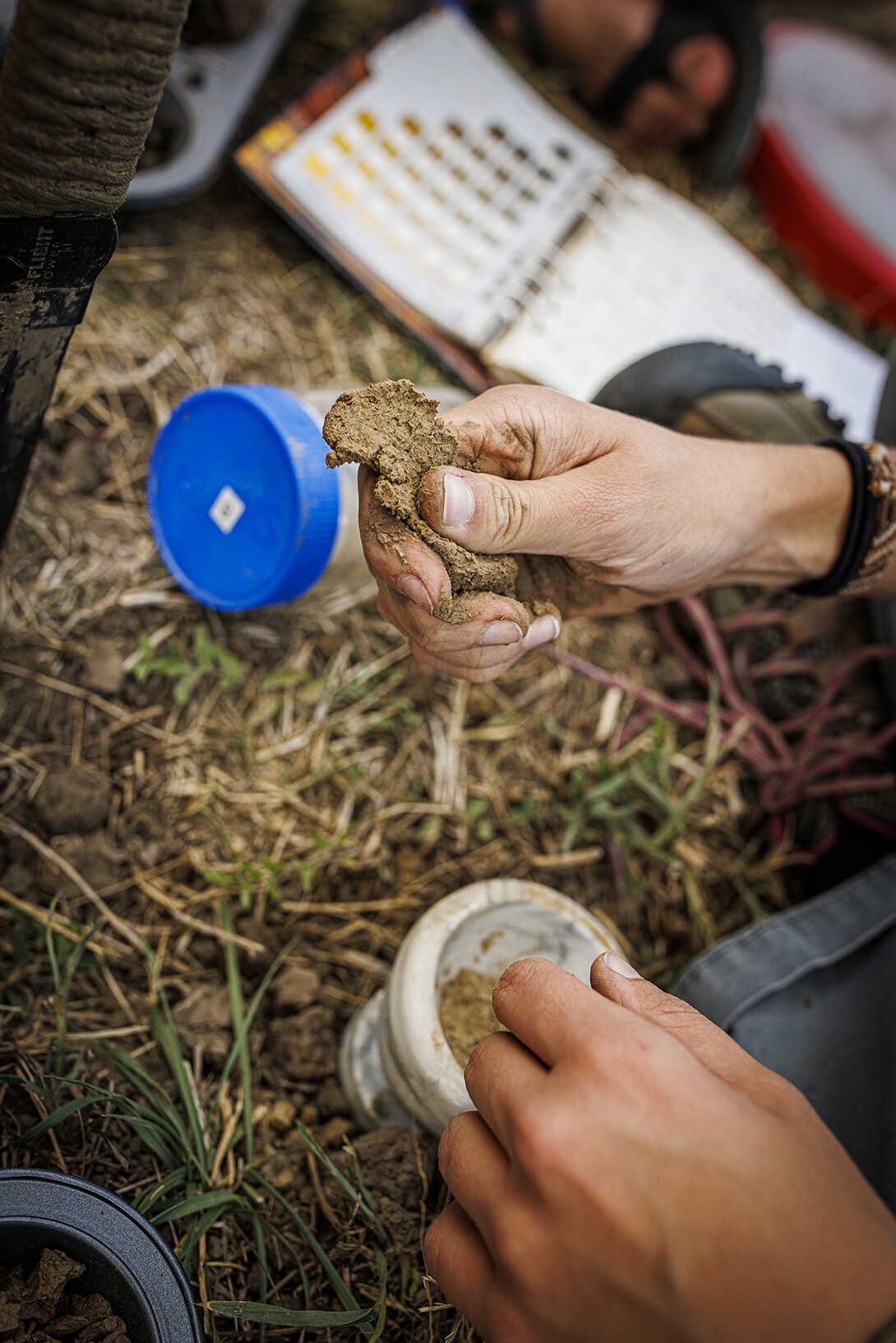
Griffis and her teammates also met over Zoom a handful of times to familiarize themselves with the international soil scorecard.
Once in Scotland, competitors spent four days in classes on Scottish soils, which contain more organic matter, are sandier and have different coloring than the Midwestern soils Griffis normally works with. Team USA also had to get to know one another to become a cohesive, competitive group.
“Meeting them in person was completely different than over Zoom,” Griffis said. “It’s kind of crazy going from not really knowing people to having to work on a team together. One of the things that we did was hang out a lot after our lectures and after our practice during the day, to become friends. Forming that camaraderie and getting to know each other on a personal level helped us a lot, I think.”
The day of competition, each team member took on a task that aligned best with their strengths, and Griffis’ previous texturing practice was put to use as she was charged with evaluating color and texture.
“It was really cool to do the competition there,” she said. “You might only walk five or 10 minutes between two pits and they’d be completely different, depending on their landscape position. We saw a lot of different things.”
Over the course of a day, the team worked from pit to pit, spending about an hour at each one, and their diligence paid off when they were announced as the winners at the opening ceremonies of the 2022 World Congress of Soil Science in Glasgow the following day.
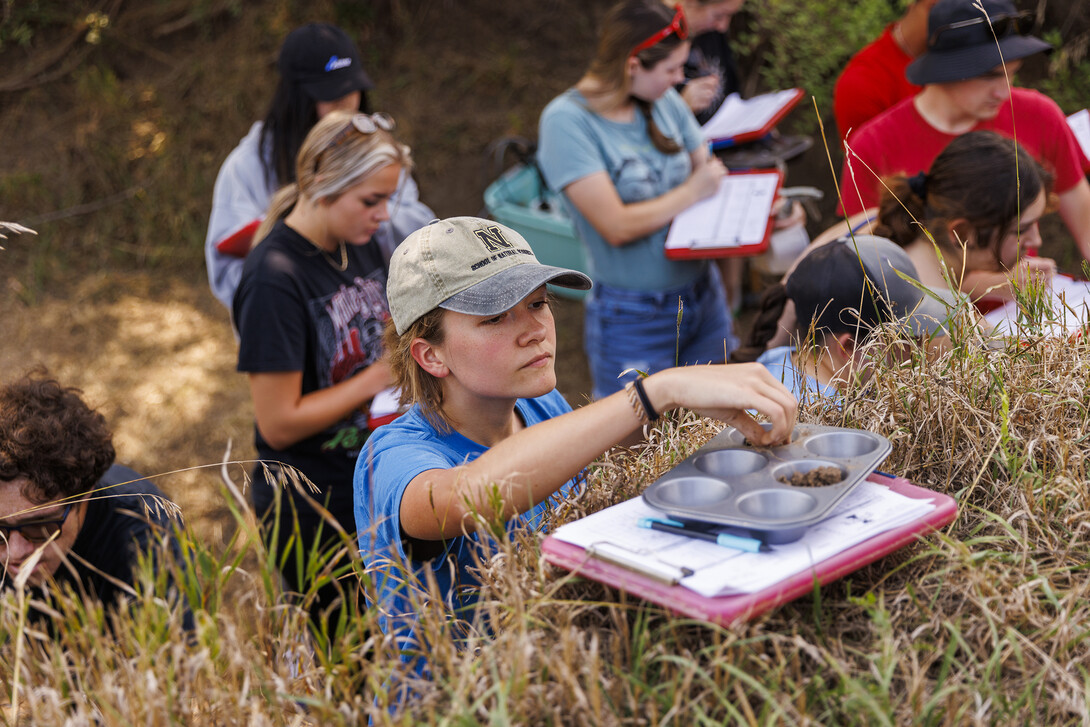
It was a challenging and fun experience — one that she never expected to have.
“I really had no idea what soil judging was before I came to UNL,” Griffis said. “Now, I’ve made so many friends and connections, and those connections are really the biggest thing. I’ve already made plans to go to Wisconsin in December to see my teammates and I’m keeping in touch with someone I made friends with on the Australian team. She’s going to come visit here.”
